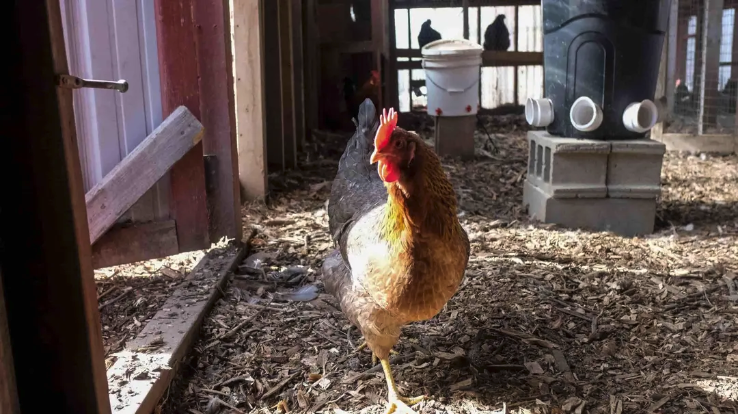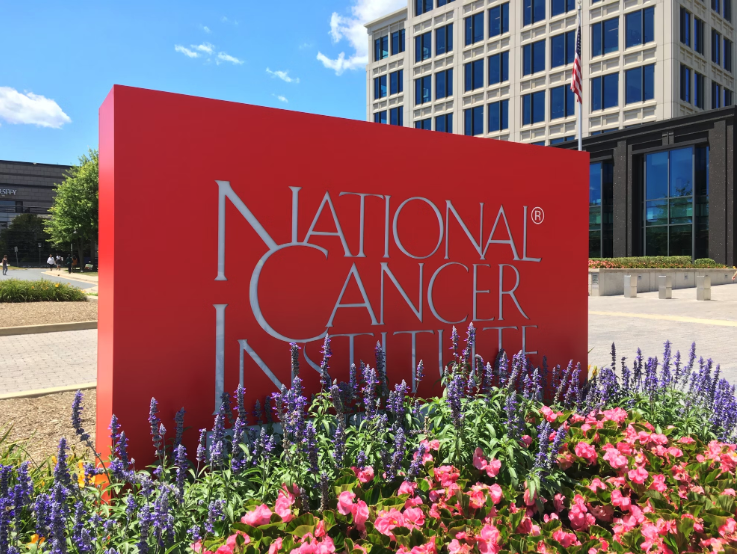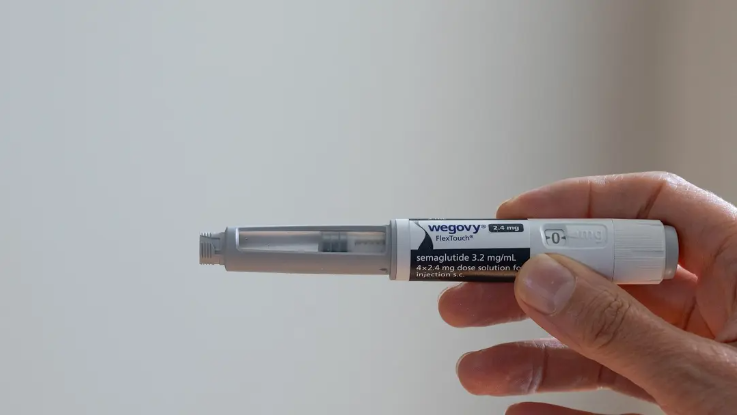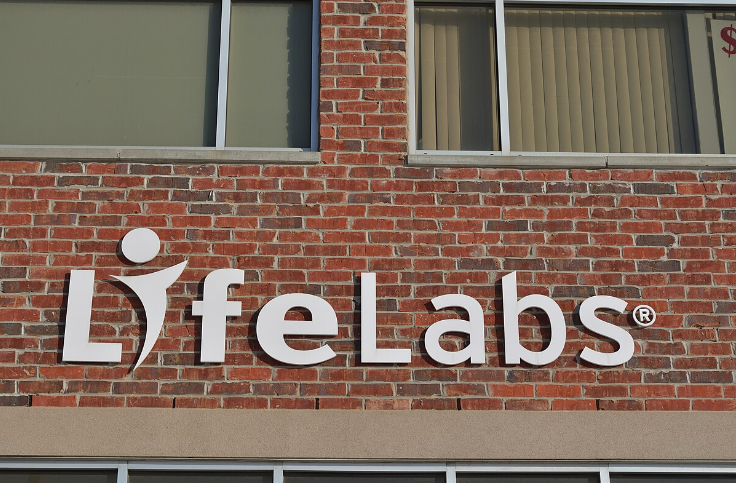Kroger Agrees to Pay $1.2B in Opioid Settlements
On Friday, Kroger agreed to pay $1.2B to US states and local governments and $36M to Native American tribes over 11 years to settle a lawsuit that claims its pharmacies helped fuel the opioid crisis by filling painkiller prescriptions....

Facts
- On Friday, Kroger agreed to pay $1.2B to US states and local governments and $36M to Native American tribes over 11 years to settle a lawsuit that claims its pharmacies helped fuel the opioid crisis by filling painkiller prescriptions.1
- Though Kroger said that the settlement would allow for 'full resolution' of all claims on behalf of the affected parties, the Cincinnati-based retailer insisted it's not an admission of wrongdoing or liability.2
- While state and local governments have filed multiple lawsuits against prescription pill manufacturers, distributors, and drug companies, Kroger's is the first case involving a regional supermarket pharmacy that plaintiffs claim played a 'significant role' in the opioid crisis.3
- According to the Centers for Disease Control and Prevention, over 1M Americans died from drug overdose from 1999 through 2021, with nearly 280K fatal overdoses involving prescription opioids.1
- In the last two years, corporations, such as Johnson & Johnson, and drug distributors, including Cardinal Health and AmerisourceBergen, have agreed to pay more than $50B to opioid settlement funds.4
Sources: 1USA Today, 2CNBC, 3The enquirer and 4Forbes.
Narratives
- Narrative A, as provided by The enquirer. There's no evidence that opioid makers misrepresented the long-term risks of addictive pain pills or that retailers had lax oversight of their sales. Kroger must defend itself against frivolous claims and lawsuits about opioids left unresolved by this settlement.
- Narrative B, as provided by Usa today. Retailers like Kroger must be held accountable for having limited oversight of the sales of prescription pain pills, which allegedly fueled the opioid addiction epidemic. This settlement will ensure that much-needed resources are accessible to communities struck by the opioid crisis.






